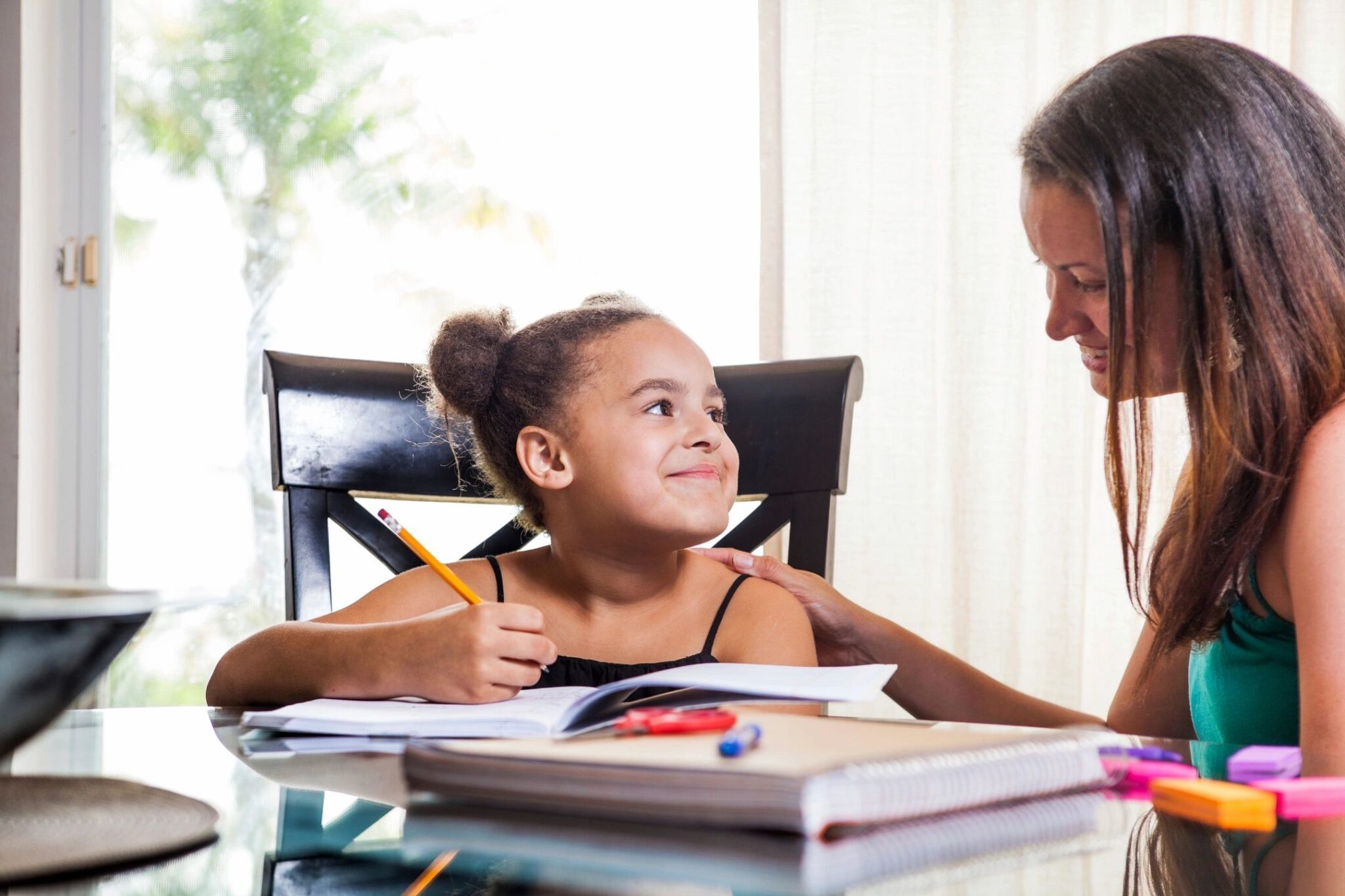
You Don’t Need Santa to Set Limits (and What Three Things Are Even Better)!
Friends, Romans, countrymen, lend me your ears. I come to bury Santa not to praise him. Figuratively that is. Don’t get me wrong. I’ve done it. There are times when we’re at our wit’s end and we just want our frickin’ kids to frackin’ listen. We play the Santa card. If you don’t listen, Santa won’t bring you anything! There’s no denying it. It’s an Ace of spades, the king of all Jedi mind tricks, and the queen of all threats.
But I bear good news for all Christians, Jews, Buddhists, Atheists, and otherwise: You don’t need Santa to set limits! In fact, there’s three things of orient that trump the Santa card in this Tarot game we play with our little ones. Looking into your future, I see a more effective leader, if you fold the Santa card and go all-in on this three-of-a-kind. Your children are sure to be less naughty and more nice.
Let’s begin with some confidence. In my first book (the ideal stocking stuffer for the sports-fan dad!) and my coaching sessions, I remind parents again and again, we are leaders. Our little ones are watching – modeling our behavior and attitude. The more confident you are, the more confident your child will be, but more importantly, the more she’ll listen. It’s simple human nature [resist all Michael Jackson references in anything related to children].
When your child inevitably tests a limit or fails in some capacity, stay calm. Act like you’ve been there (you have). Like Lady Gaga, keep your best poker face and like Linda Ronstadt: tell it like it is (dating myself here I know). Confidently narrate what went wrong and what can be done better next time. Keep the confident vibes flowing as you tell your child clearly, “You can do it. I know you can.” You’re a leader and after all, it’s you who sees them when they’re sleeping and you certainly know when they’re awake.
If you struggle with confidence, perhaps it’s because you haven’t enlisted the awesome powers of our next friend: honesty. It’s such a lonely word. Everyone is so untrue. (Billy Joel. Yup, I’m 45)(Cmon, at least I used “yup”). For some reason, parents today are afraid to just get down to the heart of the matter.
When you go to set a limit, examine why you’re setting it. If it’s because you love your child and want what’s best for her, then tell her about it. Listen boy, it’s good information from a man who’s made mistakes. Just a word or two that she gets from you could be the difference that it makes. Confidently and honestly explain how the limit will help her in the end. Forget that line, “you better not pout, I’m tellin’ you why!”. When (not if) they pout, meet it with acceptance, confidence and honesty. Keep in mind, that what we now know took us years of challenges to learn too.
When you choose to communicate with your child from a place of honesty and confidence, you’re treating your child with respect – our third key ingredient. Much like confidence and honesty, it’s innate for humans to desire and respond positively to respect. You can show your child respect in many ways. Perhaps the most important is simply to meet your child with a sense of acceptance. You might also offer him a few simple choices when you’re able. Finally, you can use respectful tones and language when speaking with her.
Then, watch how much your confidence grows when you get to say things like, “I don’t talk to you like that, so please don’t talk to me like that.” Trust me, that line trumps any Santa B.S. Better yet, it’ll still work when your child is a teenager (and you think toddlers have attitudes). Respect is a two-way street. If you give it, you have every right to ask it. Confidently and honestly teach your child to respect you and others.
Look, I’m not literally burying jolly old Saint Nick. The secret present ordeal is all in good fun. Just sayin’: you don’t need him (nor gelt nor guilt) to set limits with your children or get them to listen. Confidence, honesty, and respect will be much more effective for you in the long run. What’s really cool about these three is, the more respectful you are to your children – by treating them with honesty – the more your confidence will grow. The more your confidence grows, the more they’ll listen. The more they listen, the more natural it will be for you to treat them with respect. It’s a cycle all right, but the only thing vicious about it is how effective you’ll be as a teacher and leader. In other words, a parent.
Read much, much more about
confidence, honesty, and respect in my new book
